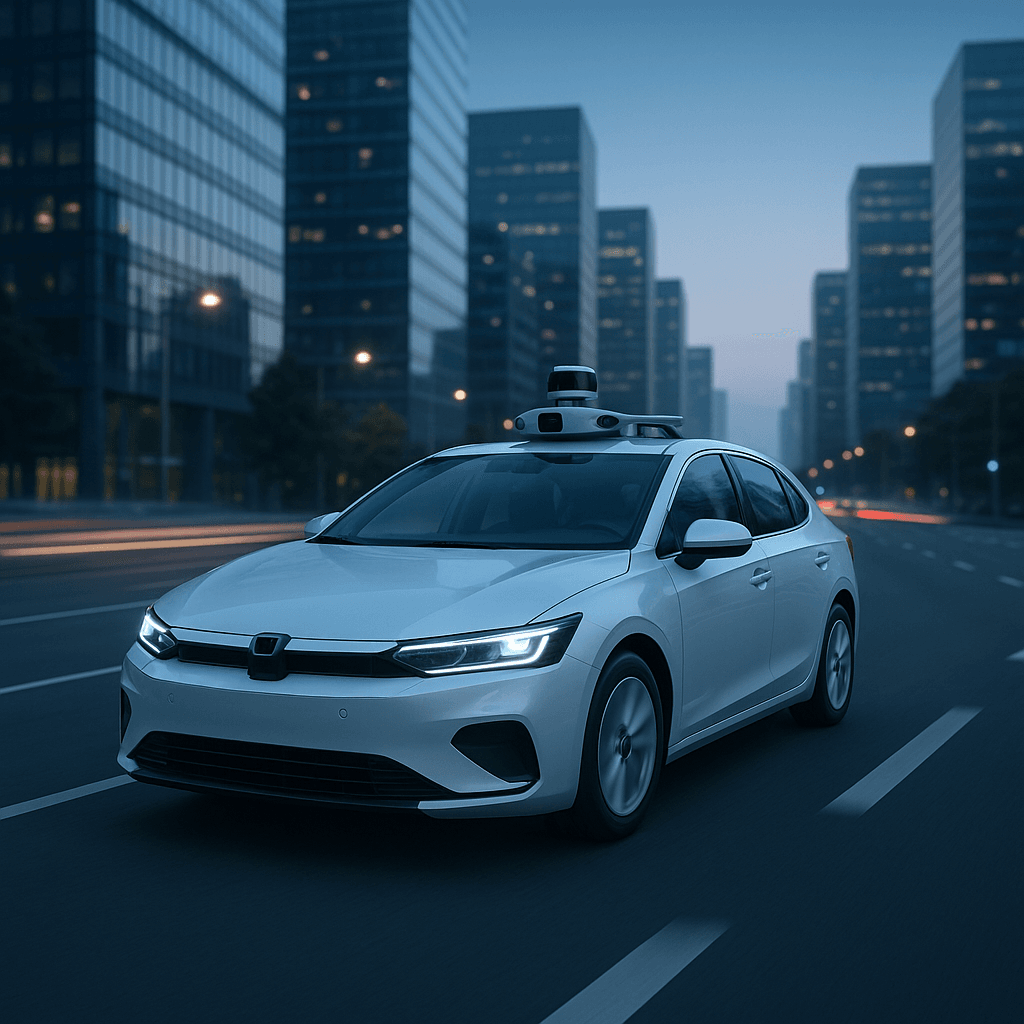Waymo is doubling down on rapid expansion despite mounting safety questions. Co-CEO Tekedra Mawakana declared at TechCrunch Disrupt that the company must reach massive scale to prove robotaxis are safer than human drivers, targeting 1 million trips weekly by 2026 across multiple new cities including London.
Waymo's co-CEO just made the boldest statement yet about the robotaxi industry's path forward. Speaking at TechCrunch Disrupt 2025, Tekedra Mawakana didn't mince words: "It is imperative that we scale." The declaration comes as Waymo faces increased scrutiny over safety incidents while simultaneously pursuing the most aggressive expansion in autonomous vehicle history. Mawakana's comments reveal a company convinced that bigger is actually safer - a counterintuitive argument that could reshape how we think about robotaxi deployment. The stakes couldn't be higher as Waymo races to prove that scaling autonomous vehicles will make roads safer, not more dangerous. The company is betting everything on reaching 1 million trips per week by the end of 2026, a target that would represent a massive leap from its current operations. This furious pace has already seen Waymo ink partnerships with Uber, Lyft, and Avis to accelerate deployment across seven new U.S. cities plus London. "By the end of 2026, you should expect us to be offering 1 million trips per week," Mawakana told TechCrunch Transportation Editor Kirsten Korosec. The timeline is aggressive by any measure, but it's also strategic. Mawakana argues that reaching scale isn't just about economics - it's about safety itself. But Waymo's expansion comes amid fresh questions about autonomous vehicle safety. The National Highway Traffic Safety Administration is investigating a recent incident where a Waymo vehicle pulled out in front of a stopped school bus in Atlanta. It's exactly the kind of edge case that highlights the challenges of scaling autonomous technology safely. Mawakana didn't shy away from addressing these incidents directly. "It's important to recognize, it's not going to be perfection, but that doesn't mean you shouldn't be accountable for transparency," she said during the TechCrunch Disrupt interview. The company recently released internal data claiming its vehicles are five times safer than human drivers overall and 12 times safer for pedestrians specifically. While impressive if accurate, these numbers come from 's own analysis rather than independent verification. The co-CEO also took aim at competitors without naming names, suggesting other autonomous vehicle companies aren't being transparent enough about their safety records. "If you are not being transparent, then it is my view that you are not doing what is necessary in order to actually earn the right to make the road safer," Mawakana said, according to . The comment appears aimed at rivals like and , though Mawakana stopped short of direct criticism. Perhaps most striking was Mawakana's candid acknowledgment that robotaxi fatalities are inevitable. When asked whether the public would accept deaths caused by autonomous vehicles, she responded: "I think that society will." It's a pragmatic but potentially controversial stance that frames autonomous vehicle deaths as acceptable if the overall safety improvement justifies them. The calculation underlying 's expansion strategy is straightforward but unproven at scale. The company believes that more miles driven equals more data collected, which leads to better algorithms and safer operations. "We know they're going to happen because our cars are on the road with humans," Mawakana explained, referring to incidents and accidents. 's global expansion timeline is ambitious but specific. The company plans launches in Washington D.C., Miami, Denver, Dallas, Seattle, and Nashville, plus an international debut in . Each new market represents both opportunity and risk as the company tests its technology against different driving conditions, regulations, and public acceptance levels.












